The New Cambridge history of India published in 1993 records, “Hemu, a Hindu Vaisya or a member of a literate, mercantile caste, who had risen from humble circumstances to be a general for the Surregime, claimed royal status by employing the ancient Sanskrit title of Raja Vikramaditya. Had he succeeded this would have been a remarkable assertion of the Sanskritic/Brahamanical monarchical tradition in North India long subservient to Muslim rulersâ€. The career of Hemu is indeed a saga of adventure, courage and partriotism. Born in a poor family in a village in Haryana, he embarked upon the ladder of life as a salt-petre merchant in Rewari. His honesty, hard-work and fair-dealing impressed the state officials and they gave him a job of weighman. Starting from that humble position, he rose high and high in the ladder upto the top, through his extraordinary talent, industry and devotion, Superintendent of markets, chief of the intelligence, Minister of civil supplies and Prime Minister of the country. As the Prime Minister of Adil Shah, hemu was all powerful but he served his master with utmost devotion. He won twenty two battles for him. When Humayun came to India and by defeating sikandar Sur, captured Delhi and Agra,. Adil Shah sent Hemu with a large army to expel the Mughals out of India. His march from Gwalior to Agra, Adil Shah sent Hemu with a large army to expel the Mughals out of India. His march from Gwalior to Agra was like napolen’s famous march in italy. “He came, he saw and he conquered.†The Mughal Governors were in fact so scared to him that they fied for safety of their lives as soon as a salt-petre merchant in Rewari. His honesty, hard work and fair-dealing impressed the state officials and they gave him a job of weighman. Starting from that humble position, he rose high and high in the ladder upt the top, through his extraordinary talent, industry and devotion, superintendent of Markets, chief of the intelligence, Minister of Civil andk Prime Minister of the country. As the Prime Minister of Adil Shah, Hemu was all powerful but he served his master with utmost devotion. He won twenty two battles for him. When Humayun came to India and by defeating Sikandar Sur, captured Delhi and Agra, Adil shah sentk Hemu with a large army to expel the Mughals out of India. His march from Gwalior to Agra was like Napoleon’s famous march in italy. “He came, he saw and he conquered.†The Mughal Governors wre in fact so scared to him that they fled for safety of their lives as soonk as they heard his name. hemu triumphantly entered Delhi, and assumed the title of Vikamaditya, the legendary king of Hindu glory. The Mughals could not take thus lying downkl and thek second battle of Panipal was fought on November 5th, 1556 for the sovereignty of Hindustan. Hemu was almost on the verge of citry when a stray arrow pierced his eye and he became unconscious. Thast made his army disheartened and the battle was lost. Thus faild hemu’s heroic attempt to establish Hindu Raj in India. In his study entitled “Hemu – Napoleon of Medieval India “shri K.K. Bhardwaj has made this account very illuminative and interesting
Hemu – Napoleon of Medieval India
In stock
Free & Quick Delivery Worldwide
reviews
Bibliographic information
Title
Hemu – Napoleon of Medieval India
Author
Edition
1st ed.
Publisher
ISBN
8170996635
Length
xii+109p., Notes; References; Appendices; Bibliography; Index; 22cm.
Subjects

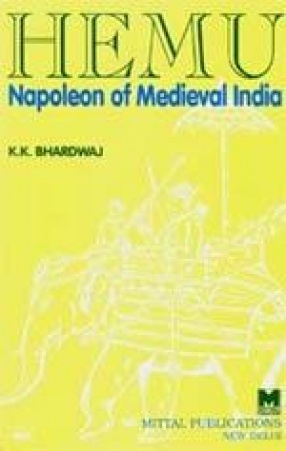


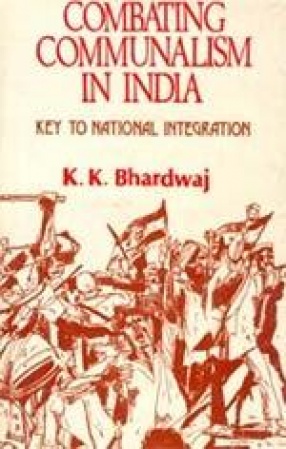
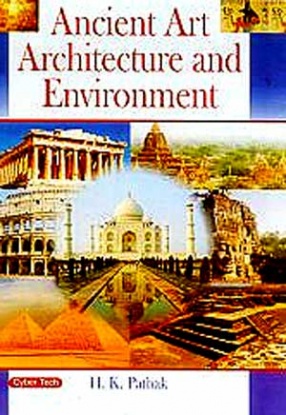
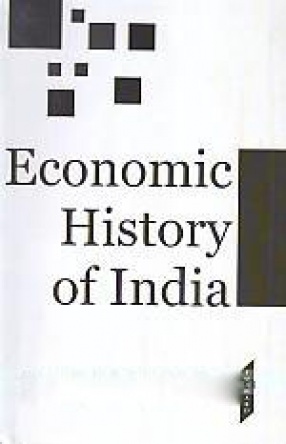
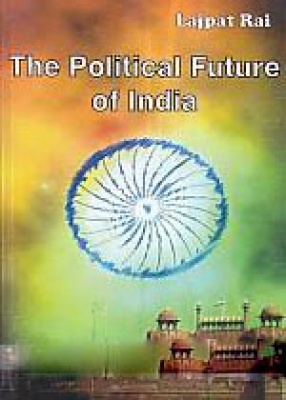
There are no reviews yet.